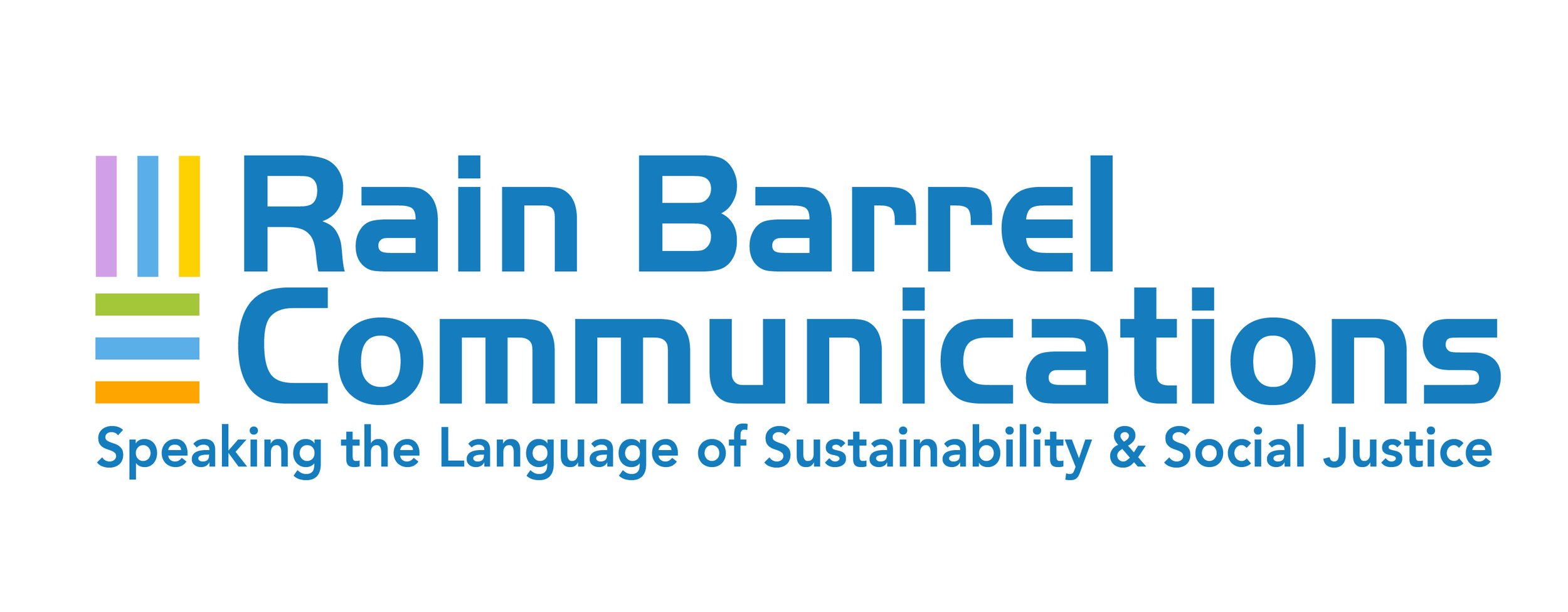Incorporating Facebook Promotional Ads into Social Good Campaigns
How we helped UN Women Argentina gain 10,000 new Facebook followers and reach over 4.7 million people, all in just two months.
By Amanda Westfall
Photo credit: UN Women Argentina
When we think of Facebook ads, what comes to mind? Those special boots you were talking about the other day. Tour packages to the city you just googled about. Campaign speeches by politicians you support.
We all should know by now that we receive these ads because, well, they are targeted based on our search history and algorithms created by likes and view-counts as a digital user. This of course has its negative and positive sides, depending on the way you look at it. In any case, this is the world we now live in: the world of promotional ads based on digital behaviors.
As an organization that works in behavior changing strategies, Rain Barrel is tapping into this world and using innovative tools in social good campaigns to ensure our communication participants receive the necessary messages to provoke a desired change in behavior, whether it be nudges to get vaccinated, reminders to wear helmets when driving a motorbike, or to encourage gender equality in sports.
Advocating for women and girls in sports
One clear example of this work is a recent project for UN Women Argentina to increase awareness of the program, #UVLO or #UnaVictoriaLLevaALaOtra, which can be translated as “One Win Leads to Another.” The campaign was created in partnership with the International Olympic Committee to increase participation of women and girls in sports, combat bias and stereotypes, and influence decision-makers to increase investments in gender equality through sports. Organized sports activities for girls and young women are delivered in sync with workshops in four thematic areas: leadership and self-esteem; sexual and reproductive health; elimination of violence against women and girls; and professional and financial planning.
One challenge we faced when beginning the project was the lack of digital strategy for the campaign -- something we have encountered elsewhere in Latin America as well. Wonderful materials are developed, but with little strategy on how to distribute and target the messages to the right audiences and influencers.
Designing a targeted digital campaign for UN Women Argentina
Our strategy had two main goals:
Increase knowledge of #UVLO and of the UN Women brand in Argentina; and
Contribute to combating gender stereotypes in sports (with different sub goals).
We worked with UN Women to design a strategy that would target the posts to the intended audiences:
Women and girls who live in Argentina;
People who work in athletics, like professors and coaches;
Media;
People who like sports and can amplify the campaign;
Selected government agencies.
We first conducted a review of materials already posted to see which types of content organically work better than others. We conducted this review on other UN accounts as well and researched to see which messages, which hashtags, and which types of graphics would work for the intended audiences, based on data collected from Facebook and Instagram.
We then developed and tested clear messages and a visual design that would resonate with our audiences. With our main communication participants being young women and teenagers in Argentina with an interest in sports, we created a campaign video, several social media posts, and four podcasts specifically for this audience. Importantly, the digital distribution plan included the use of local influencers, national media, and Facebook and Instagram ads.
Series of photos with graphic art developed for the campaign. See UN Women’s Facebook account with hashtag #UnaVictoriaLlevaALaOtra for more. Photo Credit: UN Women Argentina
Campaign results
During the two-month campaign, the results were astounding, far surpassing our expectations. There were over 10 million impressions on social media, reaching 4.7 million users, and an increase of 10,056 followers on UN Women's Facebook page. Fourteen national media outlets ran stories on UVLO, likely reaching millions more, given the popularity of the media we worked with (including Infobae, RadioNacional, and Telam).
The campaign was joined and promoted by the most recognized female sports figures in Argentina, including one of the most famous female journalists, Angela Lerena, and two of the best players on the women's national soccer team. In addition, the campaign opened the doors for collaboration with new partners – for example, the Olympic swimming medalist Georgina Bardach contacted UN Women to potentially replicate #UVLO’s offline activities in the Province of Córdoba.
Looking at digital engagement across Facebook and Instagram, the campaign posts and videos outperformed all other materials generated by UN Women Argentina during the year and surpassed the engagement levels of all posts generated by any other UN Women account in the Latin America region. By using a clear, smart strategy, with strong messages and designed to target specific communication participants, the #UVLO campaign had great success.
Growth of Facebook followers for UN Women Argentina during the campaign, which began at 7,940 when the campaign started on 24 Feb 2022 and ended at 18,090 on 3 May 2022. Source: Fan Page Karma
“At low cost, NGOs and UN agencies can leverage sophisticated digital media tools to increase support for their mission and influence individual and collective behaviors...”
Harnessing the power of promotional ads for behavior change campaigns has enormous potential. At low cost, NGOs and UN agencies can leverage sophisticated digital media tools to increase support for their mission and influence individual and collective behaviors, especially when digital strategies are carefully aligned with offline community engagement actions. In the case of this UN Women project in Argentina, the digital strategy increased the visibility, scope and reach of the #UVLO campaign to combat gender stereotypes and increase investments in sports for women and girls. Further research is needed to gauge the extent to which online campaign impact translates into actual participation by girls in sports and shifts in public attitudes toward female participation in sports.
Are you interested in learning more or do you have a need for similar services? Contact us!



